Structural Survey Cost
Last updated 25th June, 2025
If you decide to buy a home, then before you buy, you’ll want to know about the condition of the property and if it has any structural problems. You can get this information by hiring a surveyor to carry out a property survey.
In this guide, we’ll explain what each type of survey covers, together with the costs of each level. Why might you need a survey, and whether or not you can do your own property inspection? We’ll also tell you how to find and hire a Surveyor and answer some of your most commonly asked questions.
Let’s make a start…
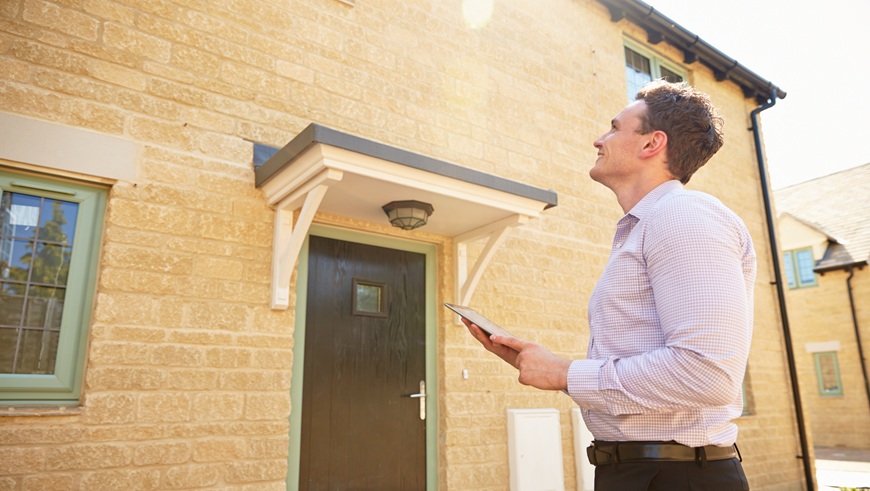
Table of Contents
How Much Does A Property Survey Cost?
The surveyor will inspect the property and highlight any issues regarding minor or major structural problems, what repairs, if any, are needed and comment on the overall condition of the property.
A survey is useful because it might flag up issues you haven’t noticed, such as the need for a new roof or a problem with subsidence. It is not the same as a mortgage valuation survey, which is carried out by your mortgage lender. A typical mortgage valuation will cost in the region of £350.
This survey only takes a quick look at the property to assess the valuation. The mortgage lender needs to make sure the value of the property is greater than the amount of money they are lending you.
The cost of a report depends on the level you choose and the type of property you are hoping to buy. A full structural survey (level 3) ranges in price from £630 to £1,500, depending on the property value.
Since March 2021, the term structural survey has been changed to RICS Home Survey. This was as a result of a new survey standard implemented by the Royal Institute of Chartered Surveyors (RICS).
There are three levels of RICS survey, which are:
- Level 1 – Home Survey (previously known as a Condition Survey)
- Level 2 – Home Survey (previously known as a Homebuyer Survey)
- Level 3 – Home Condition Survey (previously known as a Full Structural Survey)
The Residential Property Surveyors Association (RPSA) also offers surveys at the equivalent of level 1 (Home Condition Survey) and Level 2 Building Survey (previously known as the Homebuyer Survey).
The cost of a property survey depends on a number of factors:
The Type of Survey
The cheapest type of survey you can have is level 1. This is a basic survey and was previously known as a condition report. Level 1 surveys cost between £300 and £900. In the middle, there is the level 2 home survey, which includes all the checks made in level 1, plus they look at roof spaces and basements. This survey will cost between £350 and £1,800.
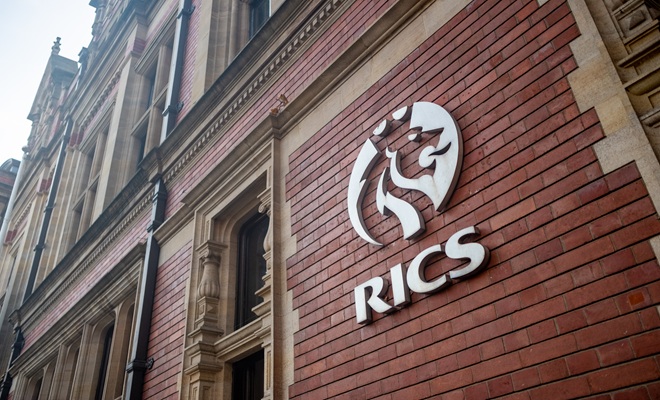
Finally, a level 3 survey, which was previously known as a full structural survey, gives you all of the information in levels 1 and 2, plus a comprehensive report about potential hidden defects, timescale recommendations for repairs and how not repairing certain defects will affect the property. A level 3 survey will cost between £895 and £3,900 or more.
The Size of the Property and Its Value
Smaller properties cost less to survey because they are usually cheaper than larger properties and therefore take less time to inspect. Fees are often based on the property value, so you’ll pay less for a cheaper property.
The Property's Age and Condition
A brand-new build won’t need a full survey. It’s likely you will only need a basic survey. In fact, a snagging service. A snagging service means a surveyor will highlight any work that still needs to be done, point out any problems with doors, windows, or flooring, and more. You can pay between £300 and £600 for a snagging survey.
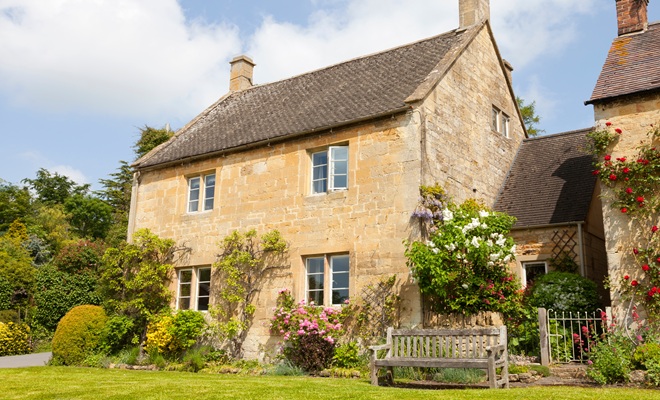
If you’re buying a property in good condition but want to know if there are any problems that need addressing, then you will likely need either a level 1 or level 2 survey.
A level 3 survey is best if you are buying a property that’s more than 150 years old, has been significantly altered, or needs extensive renovation, and you want a full description of the defects. A level 3 report will cost between £630 and £1,500 or more, depending on the value of the property.
The Location
Property values are higher in London and the South East of England. You are therefore more likely to pay more for a surveyor than in other parts of the UK. This is because you will be paying more for your property, and services are also more expensive in London and the South East. For example, in the North West, there are areas where you can buy a house for around £120,000. In London, this is impossible.
Access and Complexity
The surveyor’s fee will be based on a property that is easy to access and is straightforward to inspect. If there are complex issues or the access to the property is difficult, then you should expect to pay more for a survey.
Property Survey Prices
The cost of a structural survey is based on the property value.
| Survey Level | Property Price | Survey Cost |
|---|---|---|
| Level 1 | £100,000 - £249,000 | £300 - £500 |
| Level 1 | £250,000 - £349,000 | £500 - £600 |
| Level 1 | £350,000 - £499.000 | £600 - £700 |
| Level 1 | £500,000 - £1,000,000 | £700 - £900 |
| Level 2 | £100,000 - £249,000 | £400 - £600 |
| Level 2 | £250,000 - £349,000 | £600 - £700 |
| Level 2 | £350,000 - £499.000 | £700 - £800 |
| Level 2 | £500,000 - £1,000,000 | £800 - £1,000 |
| Level 3 | £100,000 - £249,000 | £630 - £800 |
| Level 3 | £250,000 - £349,000 | £800 - £900 |
| Level 3 | £350,000 - £499.000 | £900 - £1,100 |
| Level 3 | £500,000 - £1,000,000 | £1,000 - £1,500 |
The prices of a structural survey are for flats, terraced houses, semi-detached properties, bungalows and detached houses.
A level 1, 2, or 3 survey for a property between £100,000 and £249,000 could refer to a flat or house in the North of England. Or a small apartment in the Southeast of England. The average cost of a flat in one of the cheaper parts of London is around £220,000 and £400,000 for a terraced house. In central London, you’ll be looking at more than £1,200,000 for a flat and around £3,300,000 for a terraced house.
If you travel to the North of England, you could buy a flat somewhere like the Manchester area for around £150,000. A terraced house will cost, on average, around £170,000.
Additional Costs to Consider
Once you have had a structural report completed, you may have extra costs to consider, and these include:
Specialist Reports
If the structural survey has flagged up a problem with:
- Subsidence
- Timber decay
- Damp
- Wiring
- roofing issues
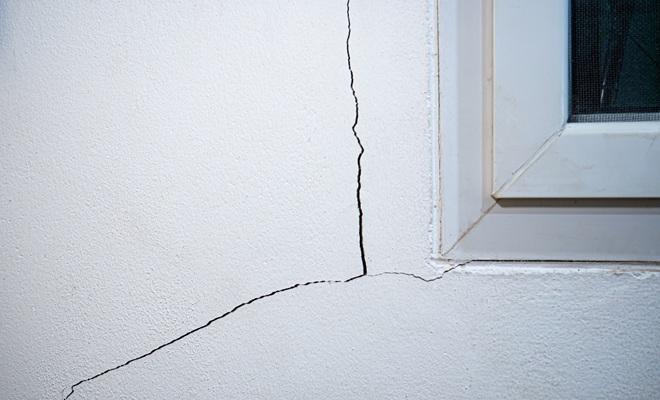
You might then need a further in-depth report carried out by a specialist to find out more about the extent of the problem and the costs to put it right.
The specialists you may need to consult are chartered surveyors, structural engineers, electricians, roofing contractors, and damp proofing specialists.
The cost of a chartered surveyor will depend on where you live in the UK. In the North of England, you can expect to pay between £90 and £150 an hour. In the South of England, prices are between £200 and £450 per hour.
Structural Engineers in the North of England will cost on average, between £50 and £70 an hour. In the South of England, the cost will be between £60 and £90 an hour.
If you need a roofer, again, costs depend on where you live. In London and the South East, you can pay between £250 and £350 a day. In other parts of the UK, the cost may be between £150 and £250 a day.
A damp survey will cost around £200 for a flat and between £250 and £300 for a house. A survey will take between 2 and 4 hours, depending on the size of the property.
Repairs
Once you know the extent of the problem, you will have to budget for repairs. Here are the costs involved in getting the repairs done to some of the problems that a structural report might highlight.
| Problem | Solution | Average Cost |
|---|---|---|
| Subsidence | Underpinning | £5,000 - £37,000 |
| Timber Decay | Dry Rot Repair | £500 - £10,000 |
| Rising Damp | Rising Damp Treatment | £500 - £4,750 |
| Roofing Issues | New Roof | £6,800 - £7,500 |
| Electrics | Re-wire Property | £1,500 - £6,000 |
Re-Inspection Fees
Once the repairs have been carried out, a surveyor may need to reinspect the area. In this case, is it likely that you would pay the surveyor an hourly rate?. The hourly rate is between £90 and £450, depending on your location.
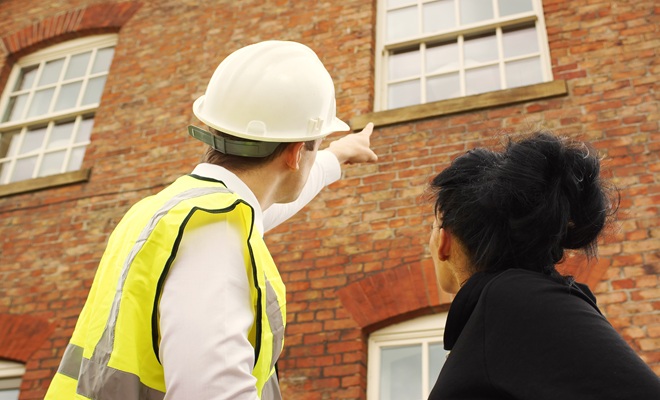
VAT and Admin Fees
If you have a RICS survey, the cost will normally include VAT. If you pay a surveyor by the hour, the amount of VAT will depend on whether or not they are VAT registered. The rate of VAT for a structural engineer or a surveyor is a flat rate of 14.5% in 2025.
If you have a surveyor’s bill for 5 hours' work at £200 an hour, the total amount will be £1,000 plus £145.00, bringing the total to £1,145.00.
You might also have to pay building control costs or planning application fees for the work you need to do on a property. These costs will depend on the type of work you are having done and whether or not the property is in a conservation area or is a listed building. Planning applications typically cost around £528.00 for the enlargement, improvement or alteration of an existing property which is not a flat.
The cost of building applications and inspections depends on the local authority. But on average, the cost of a combined application and inspection fee for structural alterations to a property of between £5,000 and £25,000 is between £600 and £800.
Cost Breakdown Calculator
Level One Survey property price £300,000 — Total Cost: £550.
Property Price
£300,000
Surveey Cost
£550
Waste Disposal
£0
Labour Costs and Timeframes
The duration of a survey does depend on the size of the property and its condition. However, on average, it will take between 1 and 4 hours to evaluate a residential property. After that, the report and assessment are written up and sent out. This process will depend on the surveyor’s office, but most reports are ready to deliver within 3 to 7 working days. Again, it will depend on the complexity of the inspection and if any problems were discovered.
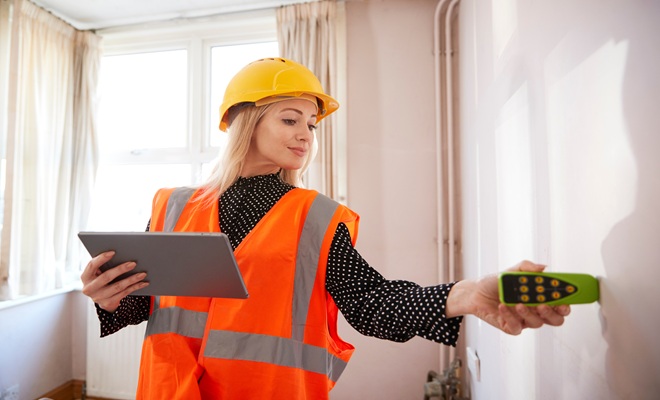
If specialist equipment is needed to carry out an inspection, this will be charged as an additional cost and is likely to be in the region of £100 to £250.
To make sure you are dealing with a qualified surveyor or structural engineer, select a surveyor who is RICS qualified or a member of the Institution of Structural Engineers (ISE). Members of professional bodies will have specific qualifications and a commitment to keeping to industry standards.
Types of Structural Surveys
RICS Level 1 – Previously known as the Condition Report
This report is the cheapest and the most basic. It doesn’t go into any detail or offer any solutions. It merely comments on the condition of the property inside and out and includes photographs.
The report is colour-coded in three sections. The red section highlights elements that need urgent attention. The orange section highlights elements that need attention, but that are not considered to be urgent or serious. The green section confirms elements that have no current issues.
Cost: £300 - £900
Pros of a level 1 survey
- ✔ Highlights defects
- ✔ Provides photographs
- ✔ Presented in an easy-to-read report
Cons:
- ✖ Not suitable for an older property
- ✖ Doesn’t give much detail
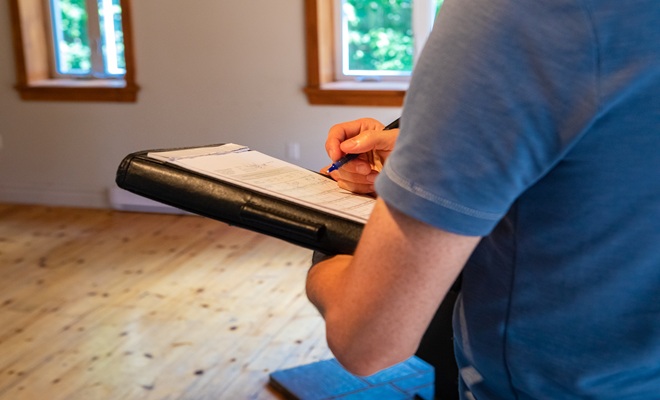
RICS/RPSA Level 2 – Previously Homebuyer Report
This is a popular choice for home buyers as it gives all the information in a level 1 report, but it also checks for subsidence and damp issues. You can also choose whether to include a market valuation and how the problems could affect the property value.
The report also has a section which provides advice about repair budgets and maintenance in the future. It will also highlight anything that doesn’t adhere to current building regulations.
Cost £400 - £1,000
Pros of a level 2 survey:
- ✔ Provides more detail than level 1
- ✔ Gives advice about repair budgets
- ✔ Highlights how it can affect valuation (if you choose this option)
Cons:
- ✖ The inspection is non-intrusive, so you won’t find out if there are problems under floorboards or hidden behind furniture.
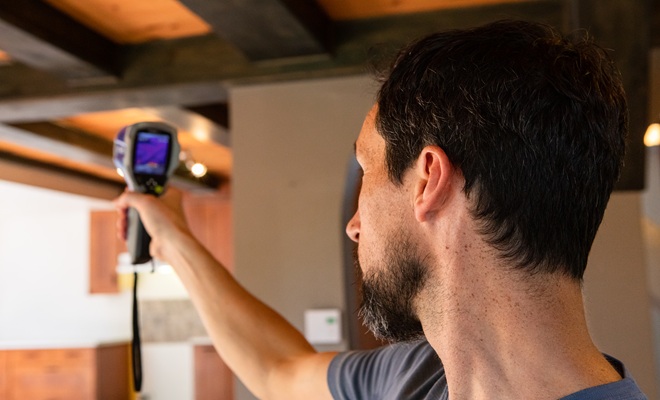
RICS/ RPSA Level 3 Full Structural Survey – Previously Building Survey
This is the best survey to have if you want to buy a property that’s in poor condition, is over 50 years old or is a listed building. It provides a complete analysis of the property’s condition and structure. The inspection includes moving furniture, looking under floorboards, checking basements and inspecting roof spaces.
The report will also include the timescales needed for repairs and the consequences of leaving defects unrepaired.
Cost: £630 - £1,500
Pros of a level 3 survey:
- ✔ Gives a thorough report of the property’s condition
- ✔ Includes an inspection of the roof, chimney, basement, outbuildings and loft space
- ✔ Advises on any further investigations that may be necessary
Cons:
- ✖ More expensive than other survey types
- ✖ It may not be needed if the property is in a reasonable state of repair
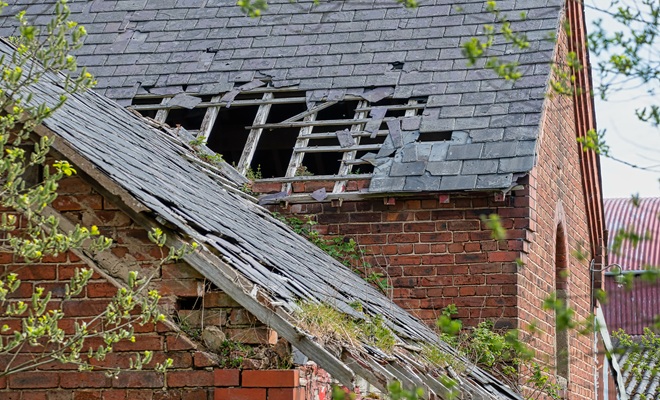
DIY vs Professional Survey
If you are good at DIY and you know the signs of possible structural damage, it may well be that you will notice any problems yourself. You can make a visual inspection and take photographs as evidence. Problems that could easily be spotted include damp patches on the walls, a sagging roof, or doors that don’t close properly, which might indicate subsidence.
However, if you are planning to buy a property or carry out renovations, then it is much better to have a professional survey.
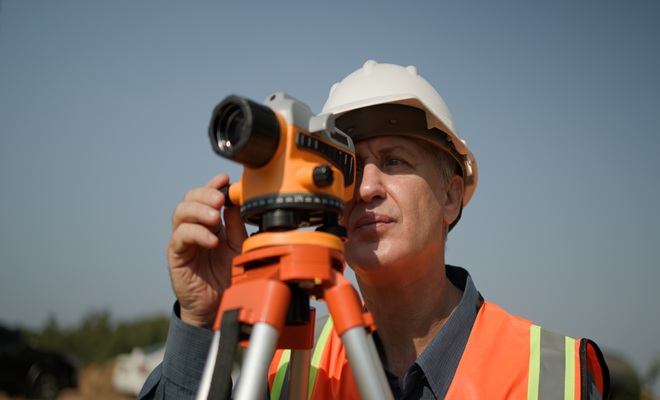
A surveyor is trained to inspect, assess and advise you. They will present a complete written report on any problems they discover. Mortgage lenders and insurance companies may only go ahead with a mortgage or insurance coverage if they have a structural report from a professional surveyor or structural engineer.
Planning Permission and Regulations
If you intend to renovate a property, add an extension, build a loft or put up a garage or shed in your garden, you may need to apply for a householder planning application. The cost is £528 for alterations or extensions to an existing dwelling house or £262 for works within/along the boundary of an existing dwelling house.
Not all household renovations need planning permission, though, and if you’re not sure, your local planning office will have some type of questionnaire to answer.
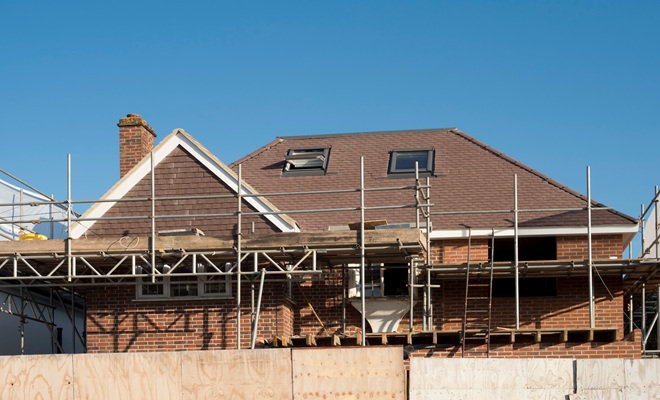
The form may have a number of yes/no questions. If all your answers are ‘no’, then the work you want to do is covered under permitted development and won’t need planning permission. The form might have a different name or be in a different format depending on which local planning office you need to contact.
Many planning authorities will have this type of form free to use online. They make a charge if you want your answers checked, and this could be in the region of £100 to £200.
On the other hand, if you know you will need planning permission but want help and advice about the project, most local planning offices offer a pre-application query service where they will let you know if you are likely to get planning permission.
Again, fees vary, but for a letter you are likely to pay between £150 and £250 and for a meeting the cost will be somewhere between £400 and £600.
Cost of Remedial Works After a Survey
Apart from any large jobs that may need to be done as a result of a structural survey, you might find you also have to budget for smaller jobs. These can include:
New Boiler
The cost of replacing an old and inefficient boiler ranges from £500 to £2,800, depending on the type of boiler and between £600 and £2,500 for installation.
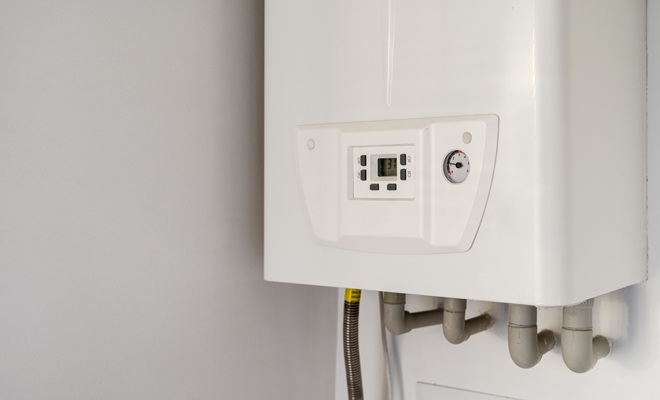
Replacement roof tiles
The average cost to replace broken roof tiles is between £75 and £300. A roofer will charge between £200 and £300 a day. A small job to replace fewer than 5 roof tiles might only take around two hours, and you’ll pay between £50 and £75.
Re-rendering
Re-rendering a property will normally cost between £2,500 and £6,500, depending on the type of property. Some rendering companies will charge per m2 at around £35 to £50 per m2. The average UK home is 100m2. A two to three-bedroom house is on average 80m2, and a 3-to-4-bedroom house is on average 120m2.
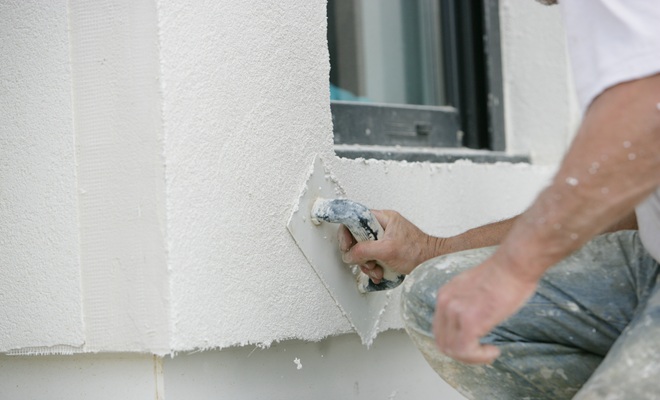
Window Replacement
Window replacement costs will depend on whether you replace the existing windows with UPVC, Wood or aluminium. UPVC is the cheapest material you can choose, and wood is the most expensive. You can pay between £250 and £1000 for a double-glazed casement window, depending on the material.
Wall Removal
The average cost of removing a load-bearing wall is between £1,200 and £1,750 for the work alone. You may also have to factor in the cost of a party-wall agreement, which will cost between £120 and £250, and a building control inspection, which varies between local authorities but can cost between £150 and £500. If you need the help and advice of a structural engineer, the cost is likely to be between £50 and £90 an hour.
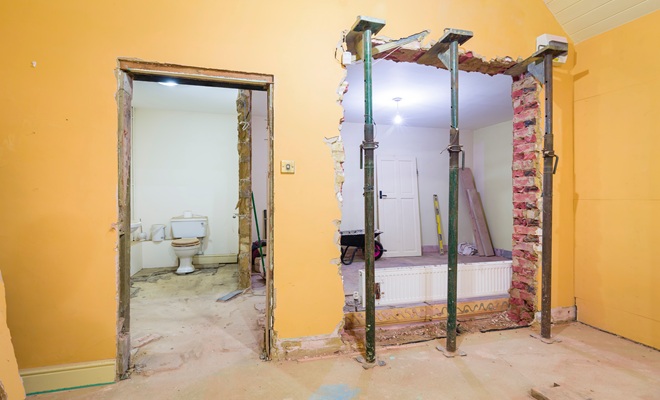
FAQs
A building surveyor deals with the condition and maintenance of buildings. They carry out structural reports, deal with planning issues, and advise on improvements, extensions and alterations to properties.
Finding and Hiring a Professional
When you are looking for a surveyor, it is best to use a person who is RICS-accredited because it means they will adhere to industry standards and their work is regulated by the Royal Institution of Chartered Surveyors. It also means their advice is independent and the reports they write are unbiased. You can find members on the RICS website.
If you use a website like PriceYourJob, you can find reliable quotes from surveyors in your area. Get at least 3 quotes and compare each one. Ask them if they have any sample reports that they can show you so you can assess the thoroughness and clarity of the report.
You should also confirm they have relevant insurance and experience surveying the type of property you want inspected.
Find out if the report will include repair estimates, whether or not they offer follow-up, advice or consultations, and the cost of this service.
Finally, they need to find out how quickly they can carry out the survey and the turnaround time for sending out the report.







